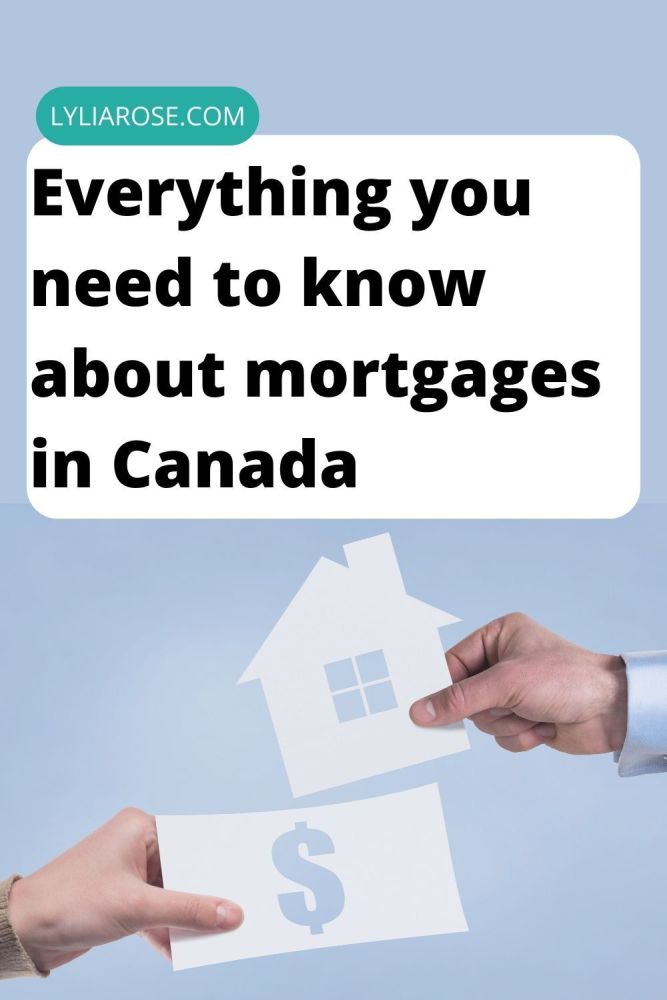Everything You Need To Know About Mortgages In Canada
Posted on
When you are a first time home buyer in Canada, you probably don’t know many things about mortgages and that can put you at a disadvantage. It is important to have basic knowledge of mortgages so that you could explore your options. But whenever you use Google, most of the blogs and websites just state the obvious and don’t go into the details. But we are taking a different approach by discussing the important terms that can help you with the mortgage. So have a look at the important terms down below:

-
Pre-Qualification: If you have been planning to buy a home then it is important to do some analysis to check your status against the mortgage. If you go to the lender, the lender will collect basic information about your finances such as your current income, spending, any debts, and your savings. This information can help the lender understand your financial situation and give you an approximate figure for how much they are willing to lend you to buy a home. This process is called pre-qualification. This can be done before applying for a mortgage.
-
Pre-Approval: Do you know what is better than pre-qualification? It’s getting pre-approved. Getting pre-approved for a mortgage is more formal than pre-qualifying because it gives you credibility to move forward with the mortgage. The lenders tend to verify the financial information provided by you and run a credit check. Being pre-approved means, the lenders are ready to loan you. The terms and conditions could vary when you apply for a mortgage based on market fluctuations.
-
The Mortgage Stress Test: When it comes to everything you need to know about mortgages in Canada, so many people miss out on the Mortgage Stress Test. This is a calculation of whether you can afford to pay your mortgage if the rates increase in the future. If you pass this stress test, you will be qualified for the mortgage you have applied for.
-
Down Payment: It is the amount of money you are required to pay upfront when you buy any kind of property. It could be big or less. If your down payment is bigger, then you will need a small mortgage. However, the size of your down payment depends on the purchase price of your home. If the price is low, you’d have to make a small down payment but if the price is higher then you’d need a bigger down payment.
-
Mortgage Rate: Whenever you take a loan, there is an interest rate that will be applied when you pay that loan back to the lender. Different factors can make the interest rate favourable to you. The mortgage interest rate can be fixed or variable as well.
-
Closing Costs: When you are in the process of getting a mortgage, you will have to bear several expenses out of your pocket. This could be the cost of hiring a real estate lawyer, land transfer taxes, home inspection charges, movers’ costs, etc. By adding all those costs, a significant amount needs to be paid, so keep that in mind and set aside some money for closing costs.

